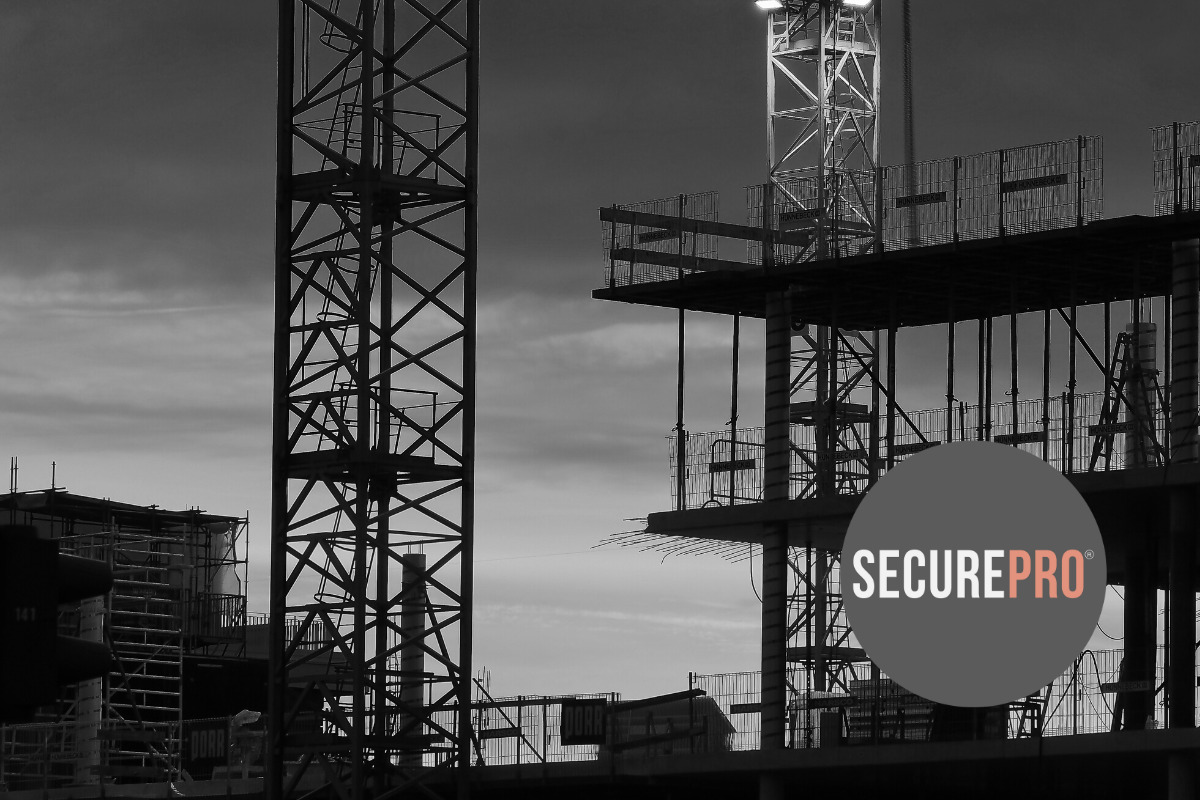
A construction site is a common target for fuel theft. The high value of fuel, the difficulty of securing fuel drums, and the often unmonitored nature of construction sites make them easy targets for thieves. In recent years, there has been a growing trend of white diesel theft across the UK. However, in April of this year, construction sites were no longer permitted to use red diesel, making white diesel a valuable commodity. How can you make sure your site doesn’t fall victim to white diesel theft? We take a look at how you can prevent fuel theft for your business.
White diesel is a type of diesel fuel that is typically used in agricultural and construction vehicles. It is a lighter fuel than regular diesel, and it has a lower sulfur content. This makes it more environmentally friendly than regular diesel fuel. White diesel is often used in vehicles that require a lot of power, such as tractors and bulldozers. White diesel is the standard diesel fuel that is used in cars, vans and trucks across the UK.
Red diesel is a type of fuel used for diesel engines and other vehicles that run on diesel. It gets its name from the fact that it is dyed red so that it can be easily identified. Red diesel is cheaper than other types of diesel fuel because it is exempt from fuel duty. This means that it can only be used for certain types of vehicles, such as agricultural machinery, construction equipment, and boats.

The main reason for the restriction on red diesel is environmental. Red diesel emits more harmful emissions than white diesel, which is the type of diesel that is used in road vehicles. This is because red diesel has a higher sulphur content, which can damage the environment.
Another reason for the restriction on red diesel is that it is a subsidised fuel. This means that the government gives farmers and other users of red diesel a discount on the fuel. This subsidy is intended to help farmers and other users of red diesel, but it also means that red diesel is cheaper than white diesel. This gives farmers and other users of red diesel an unfair advantage over those who use white diesel.
If you are caught using red diesel in a vehicle that is not exempt from paying Road Fuel duty, you may be liable for a fine.
In recent years, there has been a growing trend of white diesel theft across the UK. This is a concerning issue for a number of reasons. First, white diesel is a valuable commodity that is used in a variety of industries. Second, the theft of white diesel often leads to environmental contamination, as the stolen fuel is often dumped in rural areas. Finally, the theft of white diesel represents a serious financial loss for the companies that are targeted.
The most effective way to prevent fuel theft is to have a comprehensive security plan in place. This plan should include the use of security guards, security cameras, and fuel management systems. By taking these measures, construction companies protect their investment, ensure the safety of their employees and can significantly reduce the chances of fuel theft from the construction site. Here are 5 ways to prevent fuel theft at a construction site;
1. Use security cameras to monitor your site – CCTV remote monitoring is designed to give your business the ultimate level of protection. State-of-the-art CCTV camera systems activate with a siren, enabling a security guard to audibly warn the intruder to leave the property immediately.
2. Store fuel in a locked, fenced-in area – It is important that fuel is stored correctly in order to keep it safe and secure. Read this blog from experts at Hart Fueling Services for construction site fuel safety and storage tips.
3. Use motion-activated lighting around your construction site – Motion-activated lighting will alert security guards and cameras to any unsolicited movement.
4. Install an alarm system to alert you of any intruders – An alarm system can quickly alert any emergency services and keep you fully updated throughout. Specialists can provide services 24/7 on every single day of the year, providing you with the reassurance you need that your property is in safe hands.
5. Hire a security guard to patrol your construction site – A security guard can give a detailed inspection of your facilities and boundaries, analyse current security protocols and identify any weak areas that might require their expertise.
To prevent construction site fuel theft, site managers should invest in security measures such as security cameras, fuel tank locks, and alarm systems. They should also educate employees on the importance of fuel security and establish procedures for reporting suspicious activity. By taking these steps, construction sites can protect their fuel supplies and deter would-be thieves.
For more information on how SecurePro can help you with protecting your commercial premises from thieves, visit secure-pro.co.uk
177 Lower High Street
Stourbridge
West Midlands
DY8 1TG
© SecurePro is a trading subsidiary of Four Circles Group Ltd, a registered UK company (11335513).